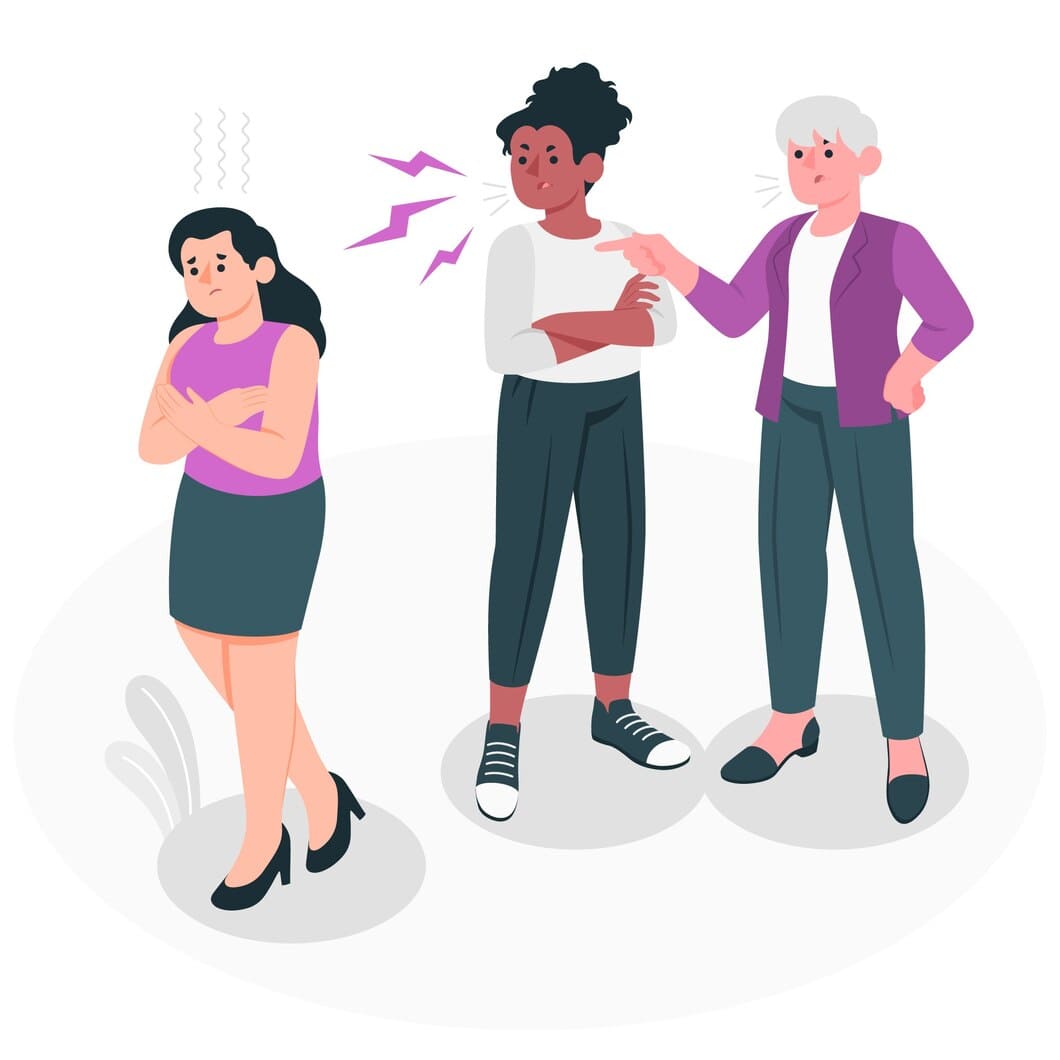How to Deal with Toxic People: A Practical Guide
Toxic people can drain your energy, affect your mental health, and disrupt your peace. Whether it’s a manipulative colleague, a controlling friend, or a negative family member, learning how to handle toxic relationships is essential for your well-being. In this guide, we’ll explore practical strategies to identify, manage, and distance yourself from toxic people while maintaining your emotional balance.
Understanding Toxic People
Before dealing with toxic individuals, it’s crucial to recognize their traits and behaviors.
Signs of a Toxic Person
- Constant Negativity – They always complain, criticize, or bring a negative vibe.
- Manipulative Behavior – They try to control you or guilt-trip you into doing things.
- Lack of Empathy – They dismiss your feelings and make everything about themselves.
- Passive-Aggressiveness – Instead of direct communication, they use sarcasm or silent treatment.
- Jealousy and Envy – They struggle to celebrate your success and often downplay your achievements.
- Playing the Victim – They refuse to take responsibility and always blame others.
Types of Toxic People
- The Manipulator – Uses guilt, lies, or emotional blackmail to control you.
- The Criticizer – Constantly puts you down, making you feel inadequate.
- The Narcissist – Only cares about their needs and lacks empathy.
- The Drama Magnet – Thrives on chaos and always brings drama into your life.
- The Energy Vampire – Drains your energy by constantly complaining or seeking attention.
How to Deal with Toxic People
1. Set Clear Boundaries
Establishing personal boundaries is the most effective way to protect yourself.
- Limit the time you spend with them.
- Be firm about what behaviors you will and won’t tolerate.
- Politely but firmly say “no” when they overstep your limits.
Example:
If a friend constantly complains about their life but never listens to your concerns, you can say:
“I care about you, but I can’t always be the one who listens. Let’s talk about something positive for a change.”
2. Avoid Engaging in Their Drama
Toxic people thrive on creating conflict and drama. Don’t give them the reaction they seek.
- Stay calm and composed when they try to provoke you.
- Avoid arguing or defending yourself unnecessarily.
- Walk away if the situation becomes too negative or hostile.
Example:
If a coworker constantly tries to gossip, respond with neutrality:
“I’d rather not talk about that. Let’s focus on work instead.”
3. Practice Emotional Detachment
You can’t control a toxic person’s behavior, but you can control your reaction.
- Recognize that their actions are about them, not you.
- Don’t take their words or actions personally.
- Use mindfulness techniques to stay grounded and unaffected.
Example:
If a toxic family member makes a hurtful comment, remind yourself:
“This is their negativity, not mine. I don’t have to take it in.”
4. Focus on Self-Care and Positivity
Dealing with toxic people can be emotionally exhausting, so prioritize your well-being.
- Surround yourself with supportive and positive individuals.
- Engage in activities that uplift your mood, such as exercise, meditation, or hobbies.
- Journal your thoughts to release stress and gain clarity.
Example:
After dealing with a toxic interaction, take a walk, listen to music, or talk to a trusted friend to reset your energy.
5. Address the Issue Directly (When Necessary)
In some situations, confronting a toxic person may be necessary to resolve conflicts.
- Use “I” statements to express your feelings without blaming them.
- Stay calm and assertive, avoiding emotional outbursts.
- Be clear about what needs to change for the relationship to continue.
Example:
“I feel hurt when you constantly criticize my choices. If we are to continue our friendship, I need more positivity and support from you.”
6. Limit or Cut Off Contact When Needed
Sometimes, the best way to deal with a toxic person is to distance yourself.
- Reduce interactions gradually if cutting ties completely is not an option.
- If they refuse to change or continue harming you emotionally, walking away is the healthiest choice.
Example:
If a toxic friend constantly drains your energy, you might start by limiting conversations and then gradually distancing yourself until the relationship fades.
How to Protect Yourself from Toxic Relationships
1. Build Strong Self-Esteem
Toxic people often prey on those with low confidence. Strengthen your self-worth by:
- Affirming your values and strengths.
- Setting firm boundaries.
- Surrounding yourself with supportive and loving people.
2. Develop Healthy Communication Skills
- Learn to say “no” without feeling guilty.
- Express your needs clearly and assertively.
- Recognize when a conversation is unproductive and disengage.
3. Seek Professional Support
If a toxic relationship is affecting your mental health, therapy can help you develop coping strategies and emotional resilience.
Final Thoughts
Dealing with toxic people is never easy, but with the right mindset and strategies, you can protect your peace and well-being. Set clear boundaries, avoid engaging in their negativity, and prioritize your own happiness. Remember, you have the right to distance yourself from anyone who disrupts your mental and emotional balance.
Would you like additional sections, such as dealing with toxic people at work or in family dynamics?

